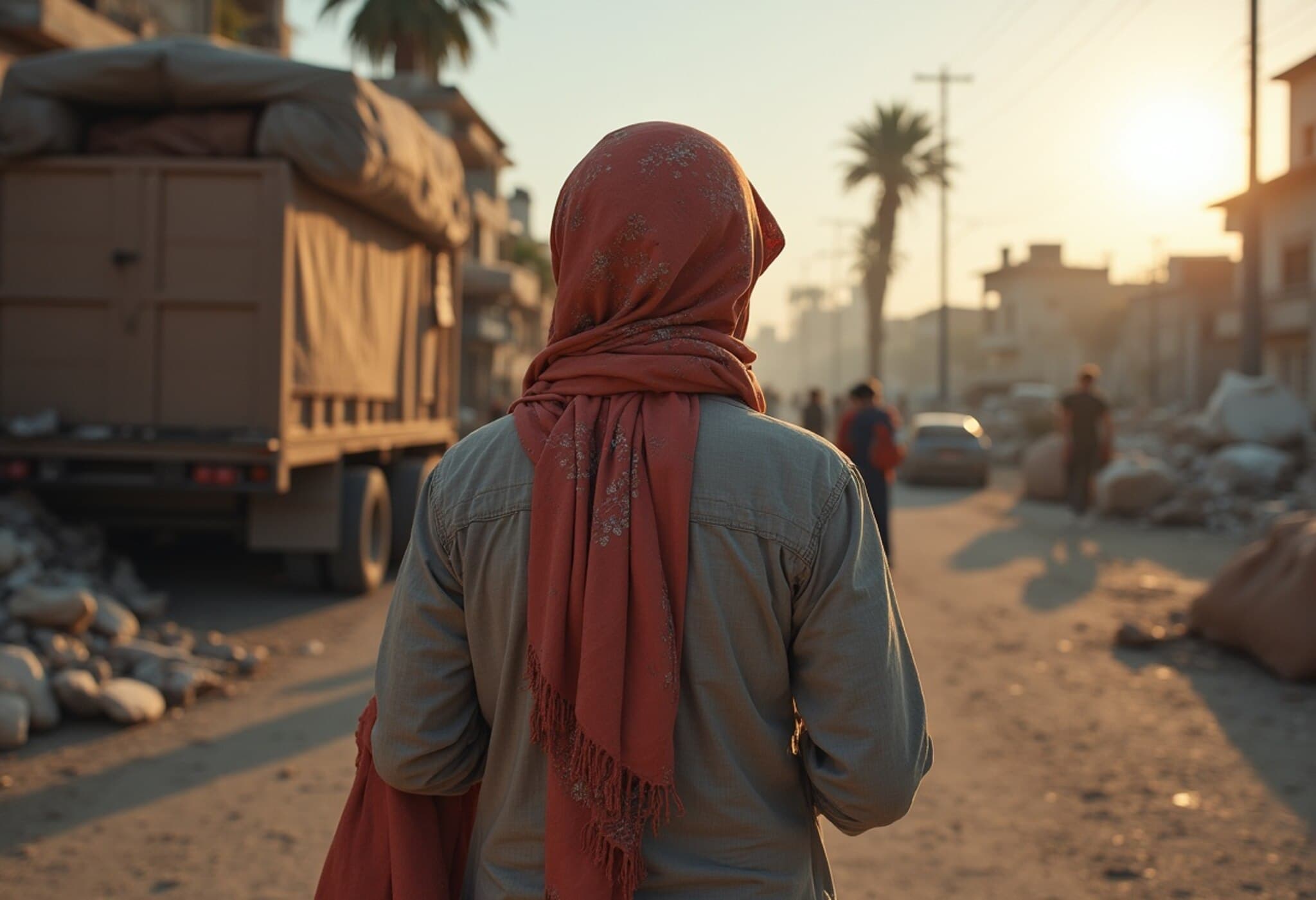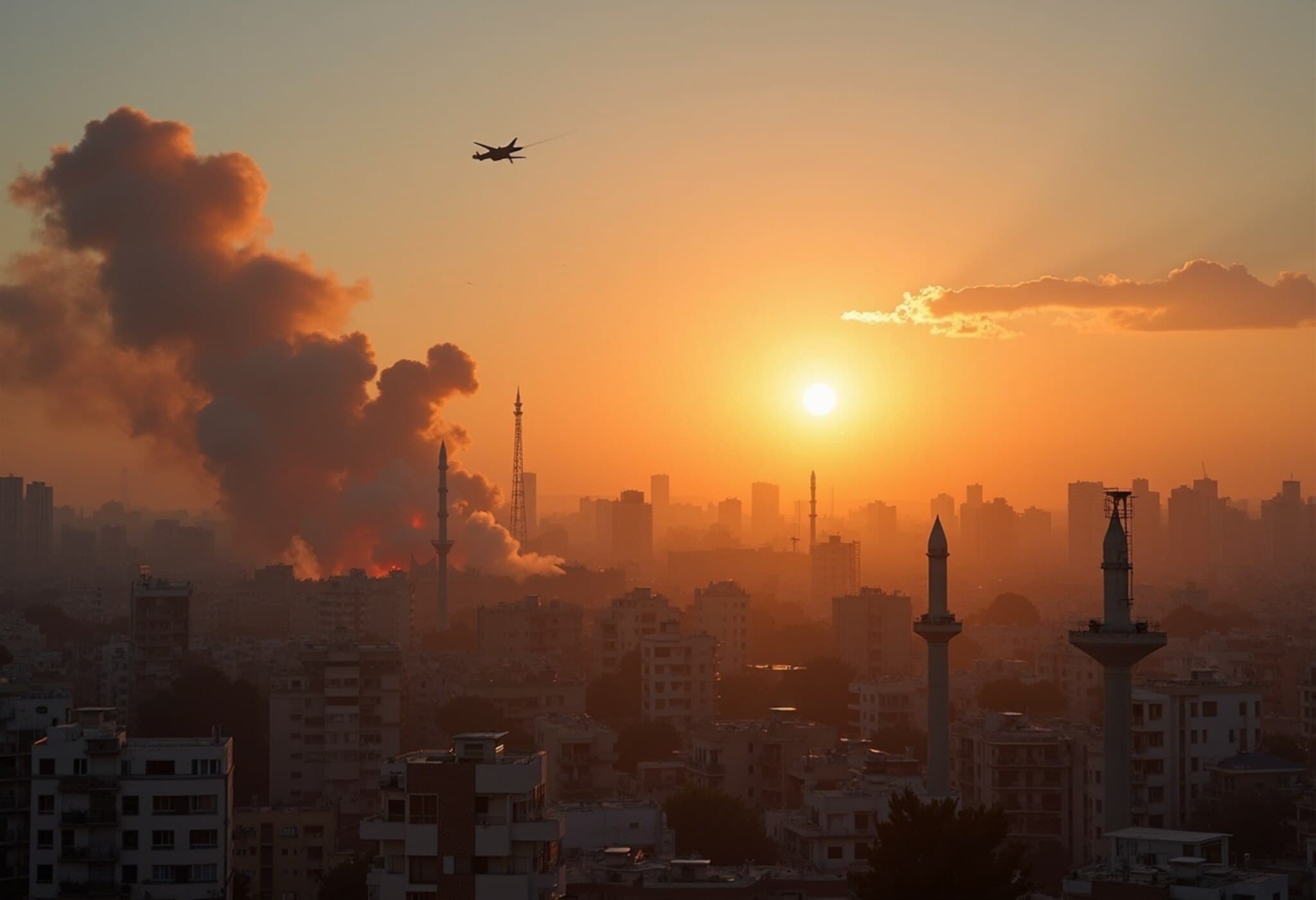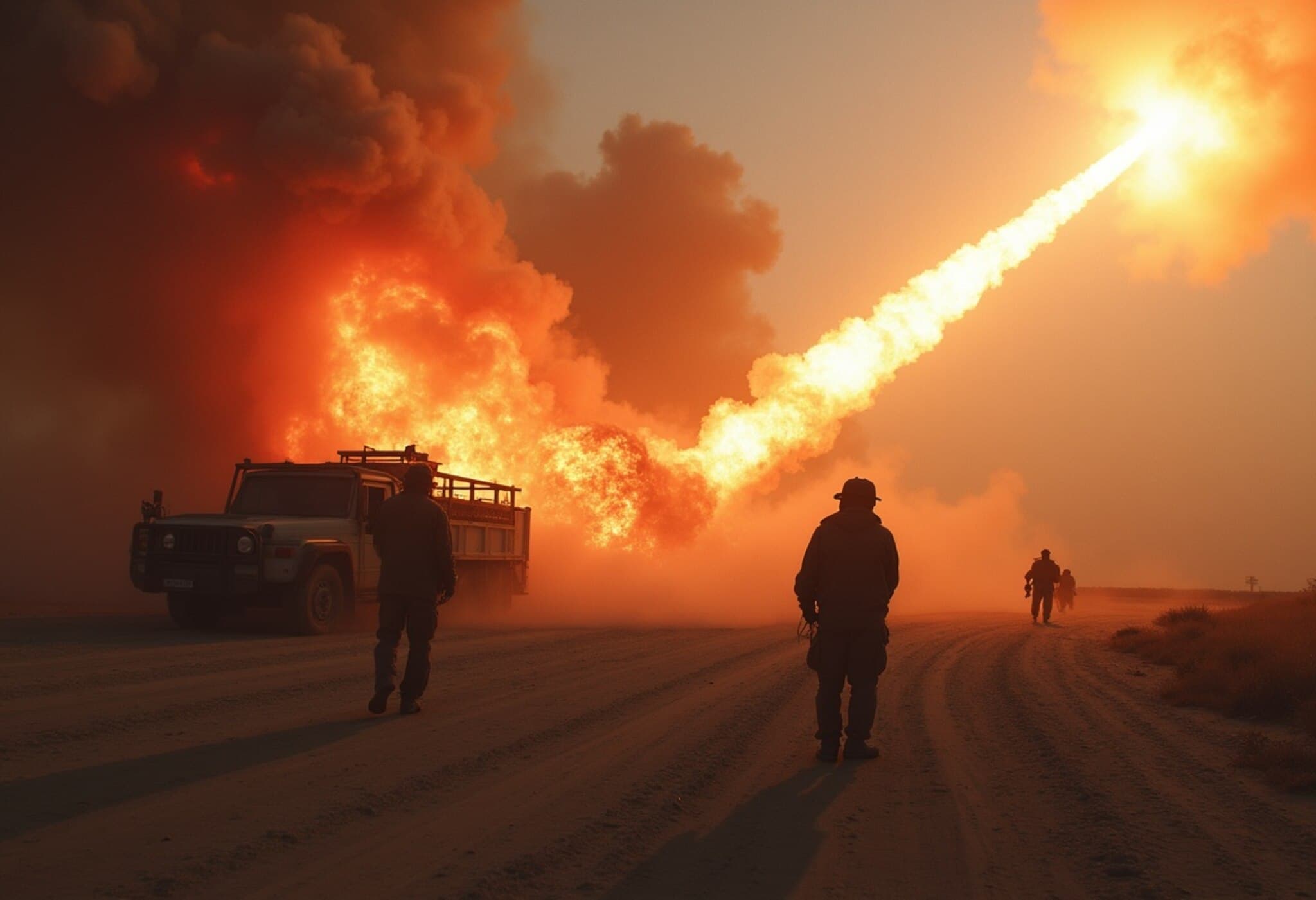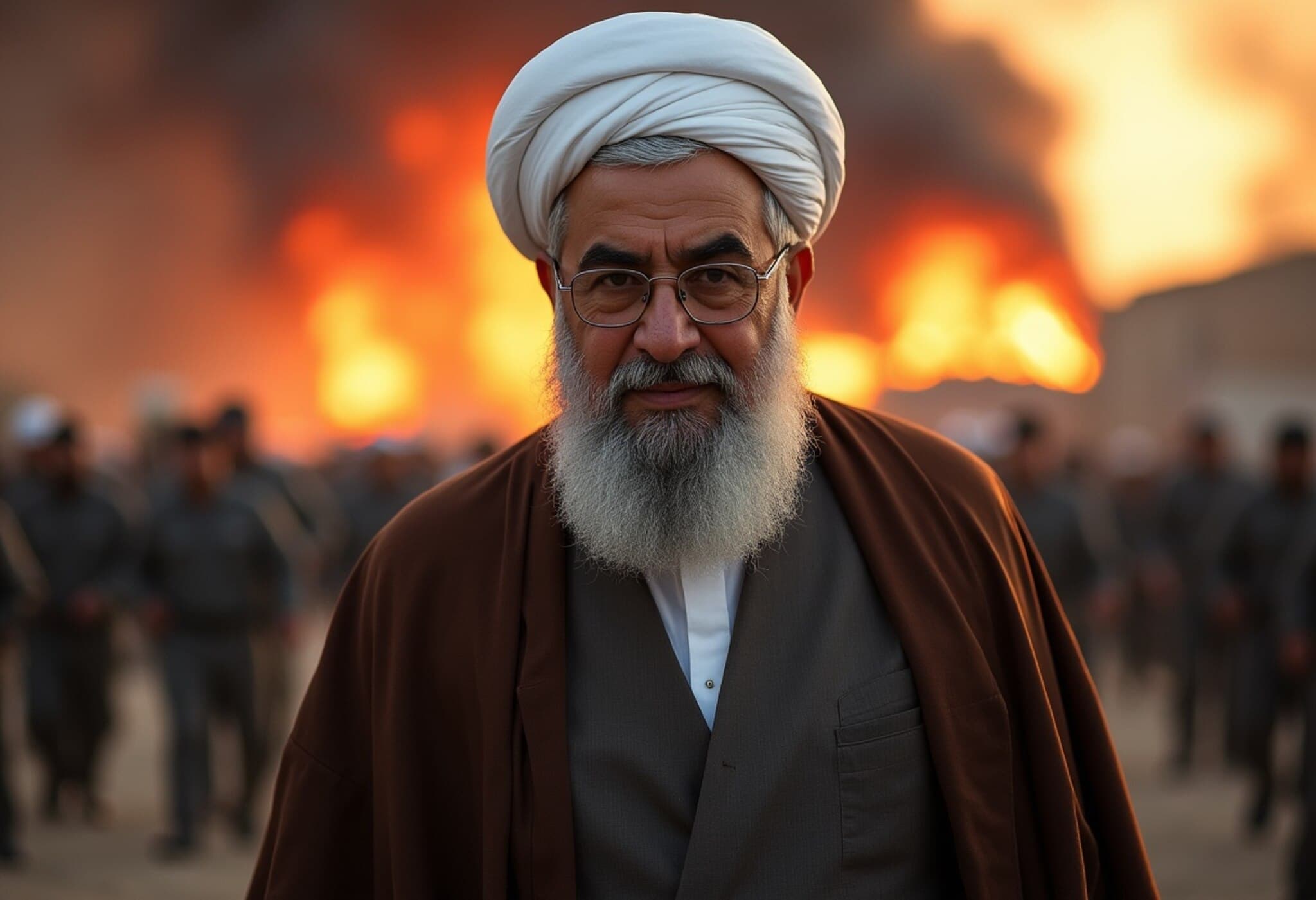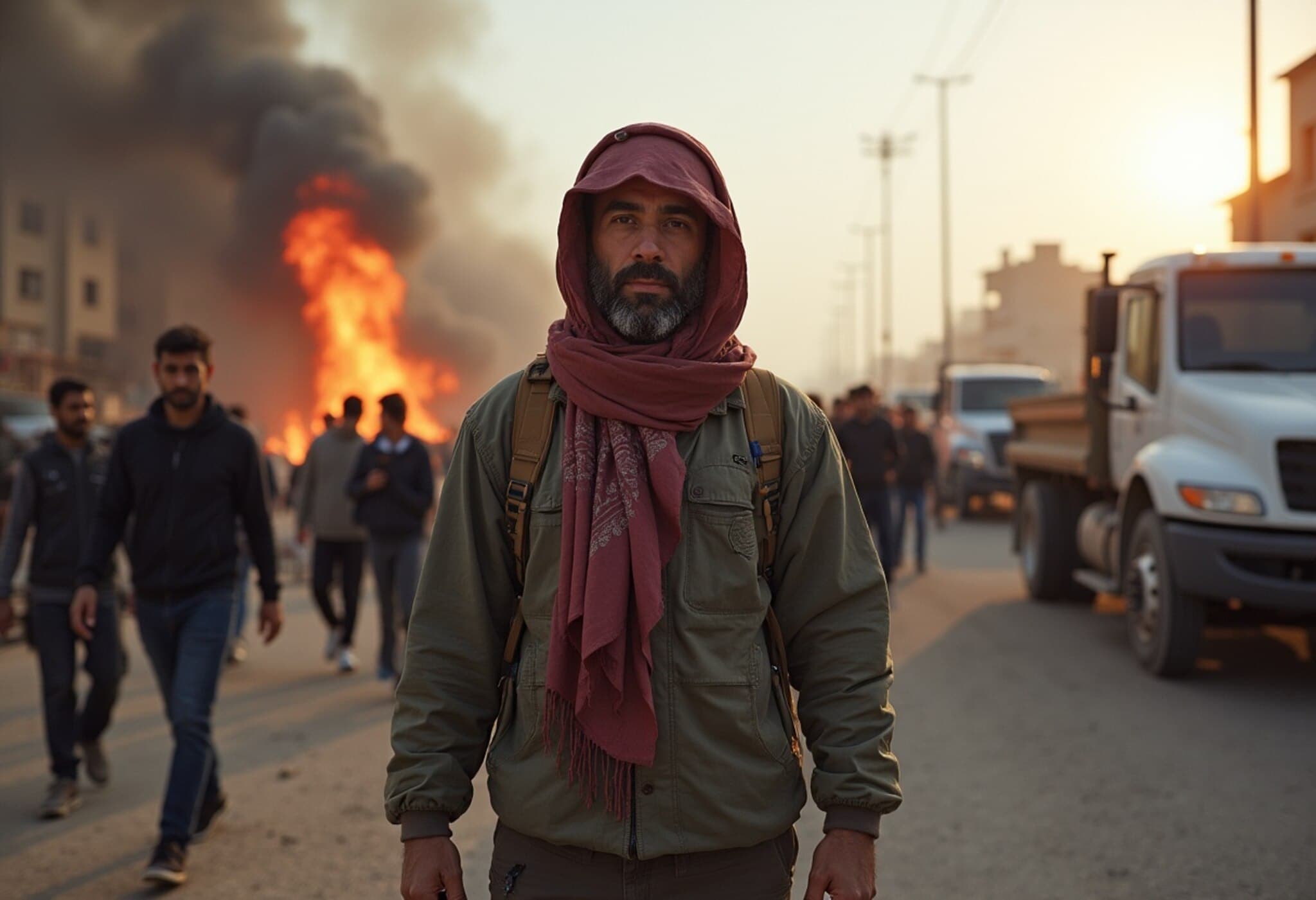Australia Joins 24 Nations in Challenging Israel’s Humanitarian Aid Strategy
In a significant diplomatic move on July 22, 2025, Australia, alongside two dozen international allies, publicly condemned Israel’s current approach to humanitarian aid in Gaza amidst escalating hostilities. This collective denunciation underscored a pressing call for an immediate cessation of war, emphasizing the urgent need to prioritize civilian protection and humanitarian relief in the region.
International Concern Over Gaza’s Humanitarian Crisis
The coalition’s joint statement criticized what they described as an inadequate and restrictive aid model employed by Israel in Gaza. The condemnation comes amid intensifying conflict that has resulted in severe civilian suffering, infrastructure devastation, and disrupted access to essential services across the Gaza Strip.
Australia’s participation in this global outcry reflects its broader commitment to human rights and adherence to international humanitarian law, particularly the protection of non-combatants in conflict zones.
What’s Behind the Criticism?
Experts and diplomats have pointed to several troubling aspects of Israel’s aid distribution methods:
- Limited Accessibility: Stringent controls and conditional access to relief supplies prevent timely delivery of food, medicine, and shelter materials.
- Infrastructure Damage: Persistent attacks have crippled hospitals, water, and electricity networks, complicating aid efforts.
- Blockade Impacts: Longstanding blockades exacerbate the scarcity of critical resources, creating a humanitarian chokehold on Gaza's civilian population.
These factors together have contributed to a deteriorating humanitarian situation, prompting global calls for a more compassionate and effective aid framework.
The Broader Geopolitical Context
This international backlash occurs at a delicate geopolitical juncture. The Gaza conflict not only involves regional actors but also implicates international diplomatic relations, including Australia's strategic alliances and its position within global forums like the United Nations.
Australian foreign policy analysts note that this united stance with 24 allies sends a powerful message about the global expectations for conflict resolution — one that balances Israel’s security concerns with unequivocal respect for human dignity and civilian lives.
What Comes Next?
The coalition’s statement calls for:
- An immediate humanitarian ceasefire to enable unimpeded aid access.
- A restructuring of aid logistics to prioritize survival needs over political objectives.
- International monitoring to ensure compliance with humanitarian laws.
These demands resonate deeply within international human rights advocacy communities and set the stage for potential shifts in diplomatic negotiations.
Editor’s Note
The condemnation by Australia and 24 allies represents more than a political stance—it highlights the urgent humanitarian imperative amidst one of the world’s most protracted conflicts. As the war in Gaza unfolds, the global community faces a critical crossroads: reaffirming that humanitarian principles prevail even in complex geopolitical struggles. Readers are encouraged to consider not only the immediate headlines but also the long-term consequences for regional stability and civilian human rights protection.

